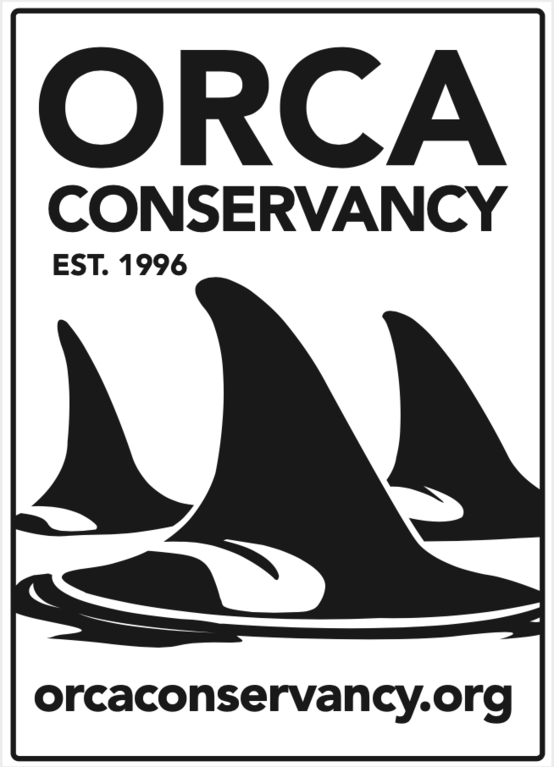COVID-19 affecting the Environment and... wait!! there is GOOD news?!
We understand being positive takes a little more effort with the recent COVID-19 pandemic. With all the news swirling around - it is a heavy reality right now. Our worlds are getting smaller and changing daily. Many U.S. cities are already encouraging “social distancing” practices. Schools and universities are temporarily closing or switching to remote learning platforms. Conferences, music festivals and other public events are being canceled or going virtual. Many businesses have either shut down or have drastically cut their production. This virus is wreaking havoc all around us.
Even though the United States Environmental Protection Agency (EPA) announced on Thursday that it is temporarily relaxing enforcement of environmental regulations and fines during the COVID-19 outbreak - which is a ridiculous move - is there some positive energy to be found in all of this?
We think so...
In advance, please know we are not minimising human tragedy on a scale we cannot yet project. There’s nothing to celebrate about the spread of the coronavirus, even if it does contribute to a temporary decline in greenhouse gas emissions.
What POSITIVE changes have there been?
- China’s greenhouse gas emissions were down 25% in the last month
- The skies in Wuhan are blue
- The lack of boat traffic on the canals in Venice has improved the air quality and allowed the sediment in the water to settle
- The water in Venice canals is clear and you can see fish
- The carbon monoxide emissions in New York City are down 50% compared to last year this time
And, here is more good news! (Thank you, politico.com | 03132020 for the following):
Improvements in air quality:
Hubei province, China has been the big winner. Marshall Burke, a researcher at Stanford University, calculated that the improvements in air quality recorded in China may have saved the lives of 4,000 children under 5 years old and 73,000 adults over 70. Read his blog post.
Better air is saving more people than coronavirus is killing, in other words... traffic is down in some of Europe’s dirtiest cities, which have chronically failed to respect EU air quality limits.
Industry shutdowns reduce emissions:
A study by specialist outlet Carbon Brief found that in China, carbon dioxide emissions have fallen by around 25 percent, and declining oil demand should push emissions down globally. Airlines are also cutting flights. Beware: If passengers are flying on half-empty planes, fewer flyers does not equal fewer emissions.
Minds may open for structural change:
The focus is on health and supply chains right now. But the process of challenging assumptions and fundamentally altering behavior — illustrated by remote work — can be seized on by climate action advocates once the worst of this health crisis is over.
Public financial institutions will push green stimulus:
Green investment is a pet interest of Kristalina Georgieva (International Monetary Fund head) and Christine Lagarde (European Central Bank president), while the European Investment Bank is already getting out of coal. Look for regional and global bodies to push green investment incentives.
Low oil prices make it harder for the dirtiest oil to compete, and easier to cut subsidies:
Oil prices are at four-year lows thanks to the collapse of the OPEC+ oil cartel, as Russia seeks to drive American oil shale producers out of the market (it may prove too expensive for shale companies to extract their oil in a low-price environment). Meanwhile, governments reluctant to cut expensive and market distorting subsidies for car fuel and heating oil, can now do so with less political pain.
NOW more than ever we need YOU to continue speaking on behalf of our children, the environment, and the future. Why? Because, every single thing we do ultimately circles back. Now is the time in this digital age, to continue the practices we have worked to perfect over the past few weeks. Lastly, start paying attention to what the world looks like when we prioritize the health of our communities, and, when all this is over, let’s come back to the world gently.
Thank you to the WA Nursing Care Quality Assurance Commission
